Your Path to Recovery: Exploring Heroin Addiction Treatment Options in Mexico
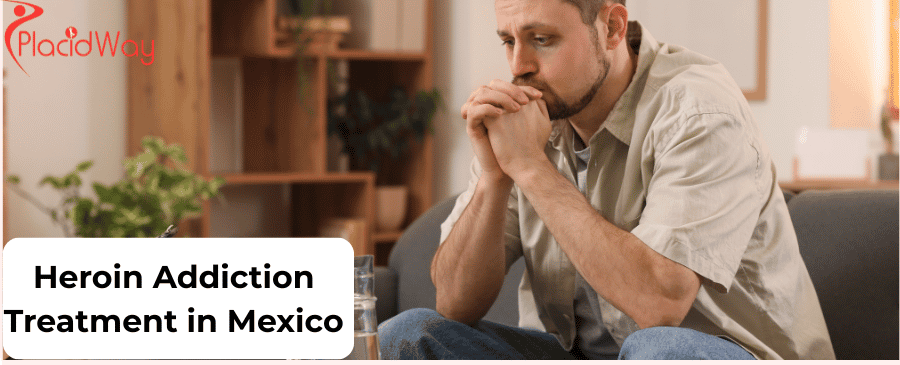
Starting the journey to overcome heroin addiction is a significant step, and exploring treatment options is the first move toward a new life. For many, seeking heroin addiction treatment in Mexico has become a beacon of hope. The country offers a unique combination of high-quality medical care, innovative therapies, and serene environments, often at a fraction of the cost of treatment in other countries. This guide is designed to answer your questions and provide a clear path to understanding what to expect from rehab in Mexico.
Whether you're looking for information for yourself or a loved one, the decision to seek help is courageous. Mexico provides a diverse landscape of recovery options, from state-of-the-art medical facilities in bustling cities to tranquil, holistic retreats along the coast. You'll find programs that integrate evidence-based practices like Cognitive Behavioral Therapy (CBT) with alternative approaches such as yoga, meditation, and even groundbreaking treatments like Ibogaine therapy. The key is to find a center that aligns with your personal needs and recovery goals. We'll delve into the types of treatments available, the costs involved, and how to choose a safe and reputable facility, empowering you with the knowledge to make an informed decision.
What are the different types of heroin addiction treatment available in Mexico?
When considering heroin addiction treatment in Mexico, you'll discover a broad spectrum of programs designed to address the complexities of addiction. These options ensure that individuals can find a path to recovery that resonates with their specific circumstances. One of the most common and widely recognized approaches is the 12-step program, offered by many rehab centers. This model, pioneered by Alcoholics Anonymous, provides a structured framework for recovery through peer support and a sequence of guiding principles. It's a foundational approach that has helped countless individuals achieve and maintain sobriety.
For those seeking a more comfortable and amenity-rich environment, luxury rehabs in Mexico provide high-end accommodations, gourmet meals, and a variety of therapeutic and recreational activities. These centers often feel more like resorts, creating a peaceful and stress-free setting for recovery. On the other end of the spectrum are "lockdown" or involuntary treatment centers, which are a legal option in Mexico for families who believe their loved one is a danger to themselves. These facilities provide a highly structured and controlled environment to ensure the individual completes the initial, most challenging stages of detox and therapy.
- Holistic Programs: These centers focus on treating the whole person—mind, body, and spirit. Therapies may include yoga, meditation, acupuncture, nutritional counseling, and art therapy, all aimed at promoting overall well-being.
- Dual Diagnosis Treatment: Many individuals with substance use disorders also struggle with co-occurring mental health conditions like depression, anxiety, or PTSD. Dual diagnosis centers have the psychiatric and therapeutic staff to address both issues simultaneously, which is crucial for long-term recovery.
- Ibogaine Therapy: Mexico is a leading destination for Ibogaine treatment, a powerful psychoactive substance derived from the iboga plant. Proponents claim it can significantly reduce or eliminate withdrawal symptoms and cravings, offering a "reset" for the brain. This treatment is administered in specialized clinics under medical supervision.
What is the cost of heroin rehab in Mexico?
One of the primary reasons individuals from the US, Canada, and Europe seek heroin addiction treatment in Mexico is the significant cost savings. The price of rehab can vary dramatically depending on the type of facility, the length of the program, and the services offered. Standard residential treatment centers that provide essential services like detoxification, individual and group therapy, and aftercare planning are the most affordable option. These programs can offer excellent care without the high price tag of their international counterparts.
Luxury rehabilitation centers, with their premium amenities and often stunning locations, are at the higher end of the cost spectrum. These facilities provide a more comfortable and private experience, which can be beneficial for some individuals. The cost of these programs reflects the enhanced services and environment they offer.
Here's a general breakdown of potential costs:
Is it safe to get heroin addiction treatment in Mexico?
The safety of medical treatment abroad is a valid concern, and when it comes to heroin addiction treatment in Mexico, the answer lies in due diligence. Reputable treatment centers in Mexico are staffed by qualified doctors, nurses, and therapists, many of whom are bilingual and have trained internationally. These facilities prioritize patient safety and adhere to strict medical protocols, especially during the critical detoxification phase.
To ensure you are selecting a safe and effective program, it is crucial to look for accreditation. Organizations like the Commission on Accreditation of Rehabilitation Facilities (CARF) and memberships in professional bodies like the National Association of Addiction Treatment Providers (NAATP) are strong indicators of quality and accountability. Always inquire about a center's licensing and the credentials of their clinical team. Reading patient testimonials and reviews can also provide valuable insight into the experiences of others.
What should I look for in a quality heroin rehab center in Mexico?
Selecting the right rehab center is a critical step in the recovery process. Beyond the basic considerations of cost and location, several key factors indicate a high-quality program. A reputable center will be transparent about its treatment methodologies and success rates. Look for a facility that offers a personalized treatment plan, as addiction affects each individual differently. A one-size-fits-all approach is often less effective than a program tailored to your unique history, challenges, and goals.
The expertise of the clinical team is paramount. Inquire about the qualifications and experience of the doctors, therapists, and support staff. A strong clinical team will have a deep understanding of addiction and co-occurring disorders. Additionally, a low staff-to-patient ratio ensures that you will receive the individual attention you need. Finally, a robust aftercare program is a sign of a quality center. Recovery is an ongoing process, and a good rehab will help you develop a plan for continued support after you leave the facility, which may include connecting you with therapists and support groups back home.
What is the process of traveling to Mexico for rehab?
The logistics of traveling to another country for medical care can seem daunting, but most established rehab centers in Mexico have streamlined the process for their international clients. When you choose a facility, their admissions team will typically guide you through the necessary steps. This often includes coordinating your arrival at the nearest airport, where a representative from the center will meet you and provide transportation directly to the facility.
For U.S. citizens entering Mexico, especially through land borders for treatment in areas like Baja California, the entry requirements can be relatively simple. While a passport is the most reliable form of identification, other documents like a birth certificate and a government-issued photo ID may be accepted at some crossings. It's always best to confirm the current entry requirements before you travel. The rehab center will also advise you on what to pack and what to leave at home, ensuring a smooth and stress-free admission process.
What is heroin detox in Mexico like?
The first and often most feared step of recovery is detoxification. Heroin withdrawal can be intensely uncomfortable and, in some cases, can have medical complications. In a professional Mexican rehab center, detox is a medically supervised process. You will be monitored around the clock by a team of doctors and nurses who are experienced in managing opioid withdrawal. Their primary goal is to ensure your safety and minimize your discomfort.
During detox, you may be given medications to alleviate withdrawal symptoms such as nausea, muscle aches, anxiety, and insomnia. The medical team will conduct a thorough evaluation upon your arrival to create a detox plan that is tailored to your physical health and the extent of your heroin use. This medical support not only makes the process more bearable but also significantly reduces the risk of relapse during this vulnerable period.
Do rehabs in Mexico offer dual diagnosis treatment?
The connection between substance abuse and mental health is well-established. Often, individuals turn to substances like heroin to self-medicate the symptoms of an underlying mental health issue. For recovery to be lasting, it is essential to treat both conditions simultaneously. This is the focus of dual diagnosis treatment.
Quality rehab centers in Mexico recognize the importance of this integrated approach. They have psychiatrists and psychologists on staff who can provide a proper diagnosis and develop a treatment plan that addresses both the addiction and the mental health disorder. Therapies such as Cognitive Behavioral Therapy (CBT) and Dialectical Behavior Therapy (DBT) are often used to help individuals develop healthier coping mechanisms for both their addiction triggers and their mental health symptoms.
What is Ibogaine therapy and is it available in Mexico?
Ibogaine is a naturally occurring psychoactive compound found in the roots of the Tabernanthe iboga plant. In recent years, it has gained attention as a potential breakthrough treatment for opioid addiction. The therapy involves a single, intensive session where the individual ingests Ibogaine under the close supervision of a medical team. Many people who have undergone the treatment report a significant reduction or complete cessation of withdrawal symptoms and a diminished desire to use heroin afterward.
Because Ibogaine is not legal in the United States, Mexico has become a hub for this innovative therapy. Reputable Ibogaine clinics in Mexico are staffed with medical professionals who conduct thorough pre-treatment screenings to ensure the safety of the patient. While Ibogaine is not a magic cure, and should be part of a comprehensive treatment plan that includes therapy and aftercare, it offers a promising alternative for those who have not found success with traditional rehab methods.
What kind of aftercare support can I expect?
Recovery does not end when you leave the treatment facility. Long-term sobriety depends on a strong support system and a commitment to continued personal growth. Reputable rehabs in Mexico understand this and place a strong emphasis on aftercare planning. Before you complete your program, the clinical team will work with you to create a detailed plan for your return home.
This plan often includes referrals to therapists and psychiatrists in your local area, as well as information on support groups like Narcotics Anonymous (NA) or other peer support networks. Some centers may also offer ongoing virtual coaching or therapy sessions to provide continued support as you navigate the challenges of early recovery. A solid aftercare plan is a vital component of a successful treatment experience and significantly increases the likelihood of maintaining long-term sobriety.
Are you ready to explore your options for heroin addiction treatment in Mexico? PlacidWay can help you connect with reputable and accredited treatment centers that fit your needs and budget. Explore our network of trusted healthcare providers and take the first step towards a new life today.


.png)
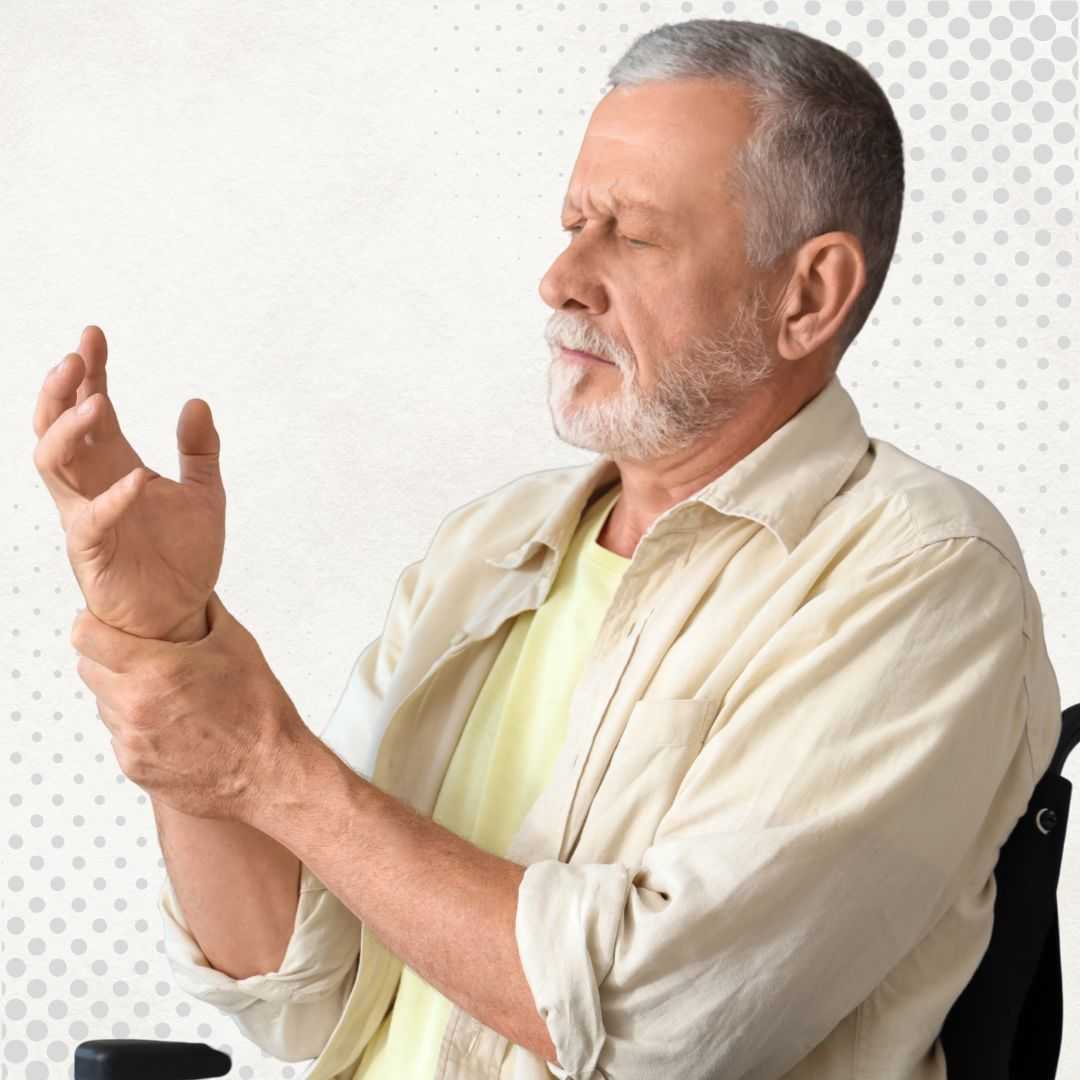

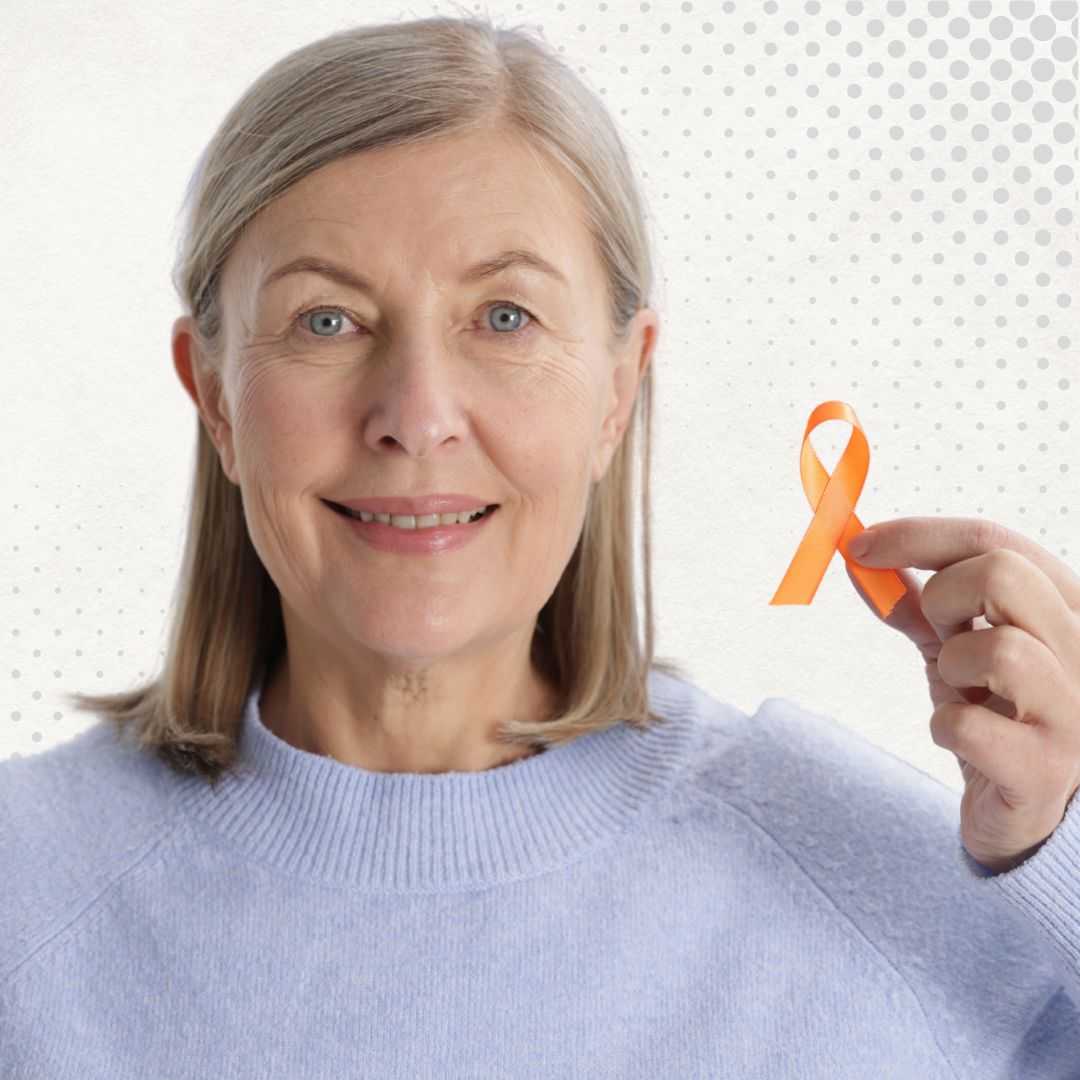
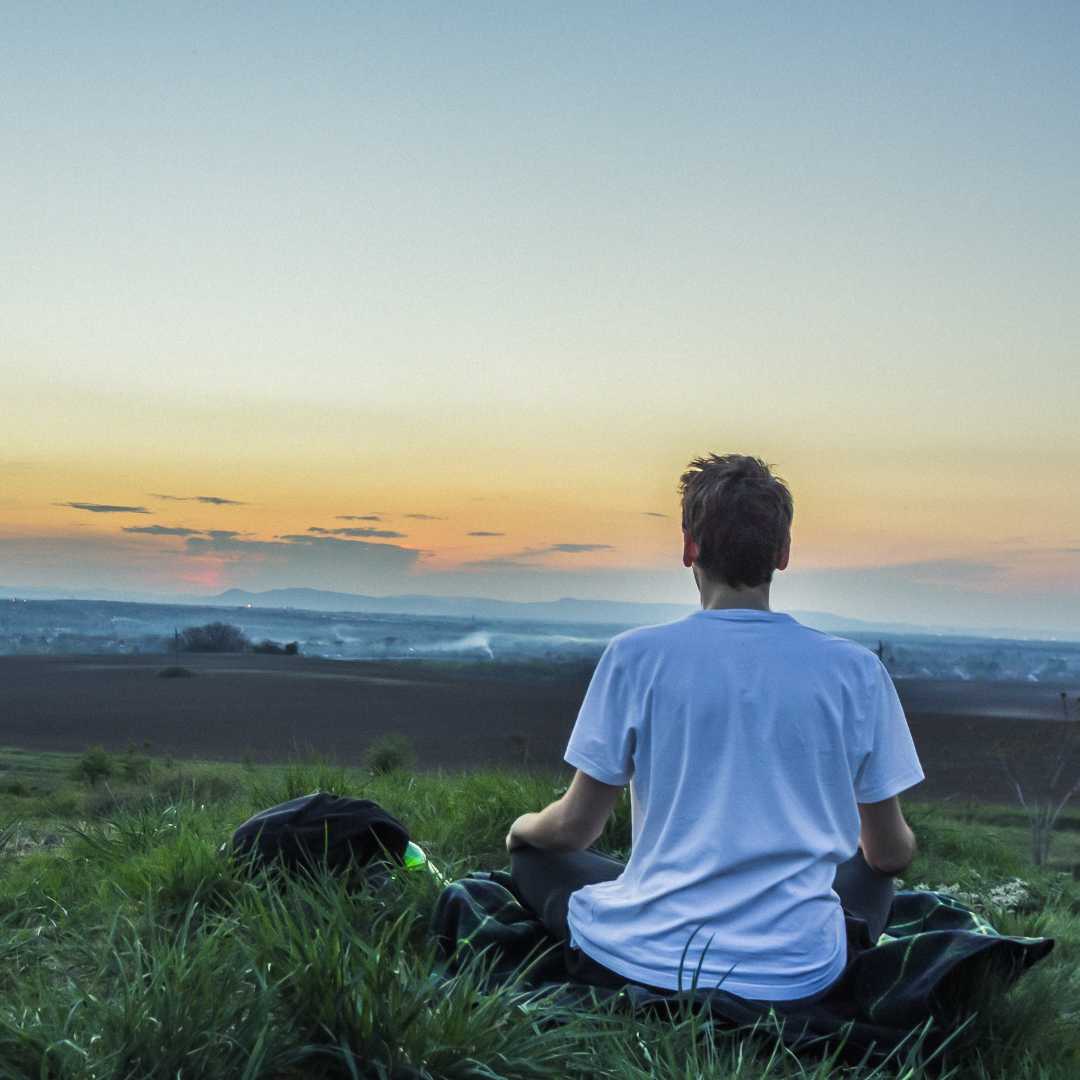
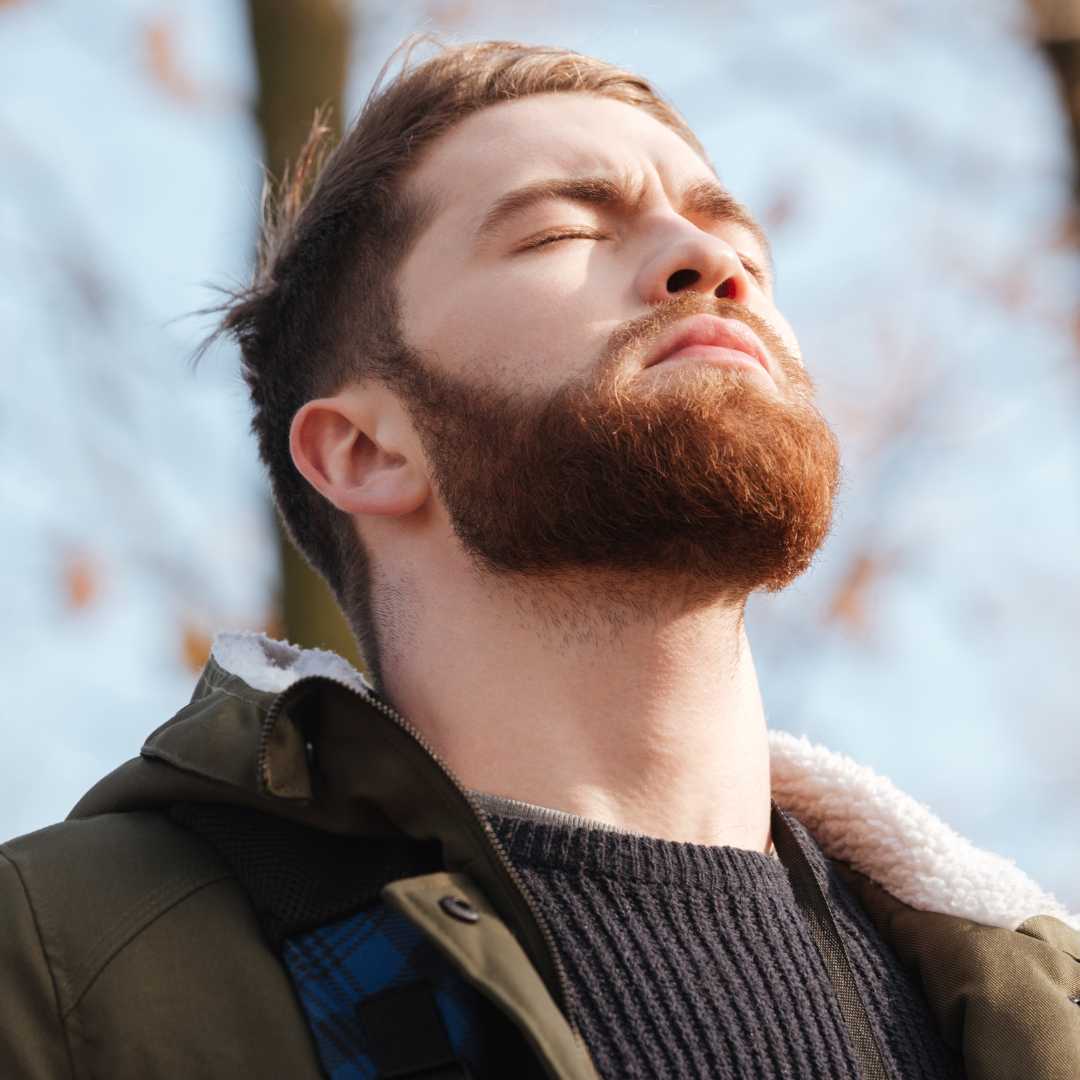
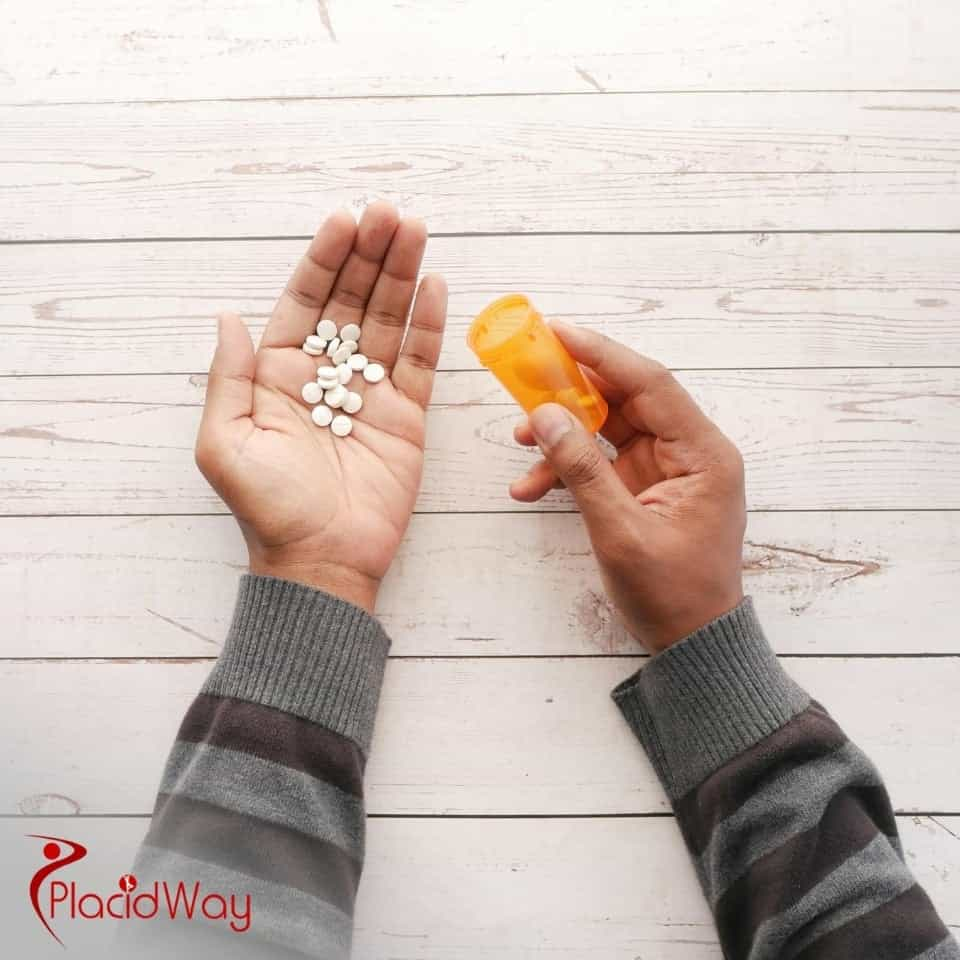
.png)
.png)

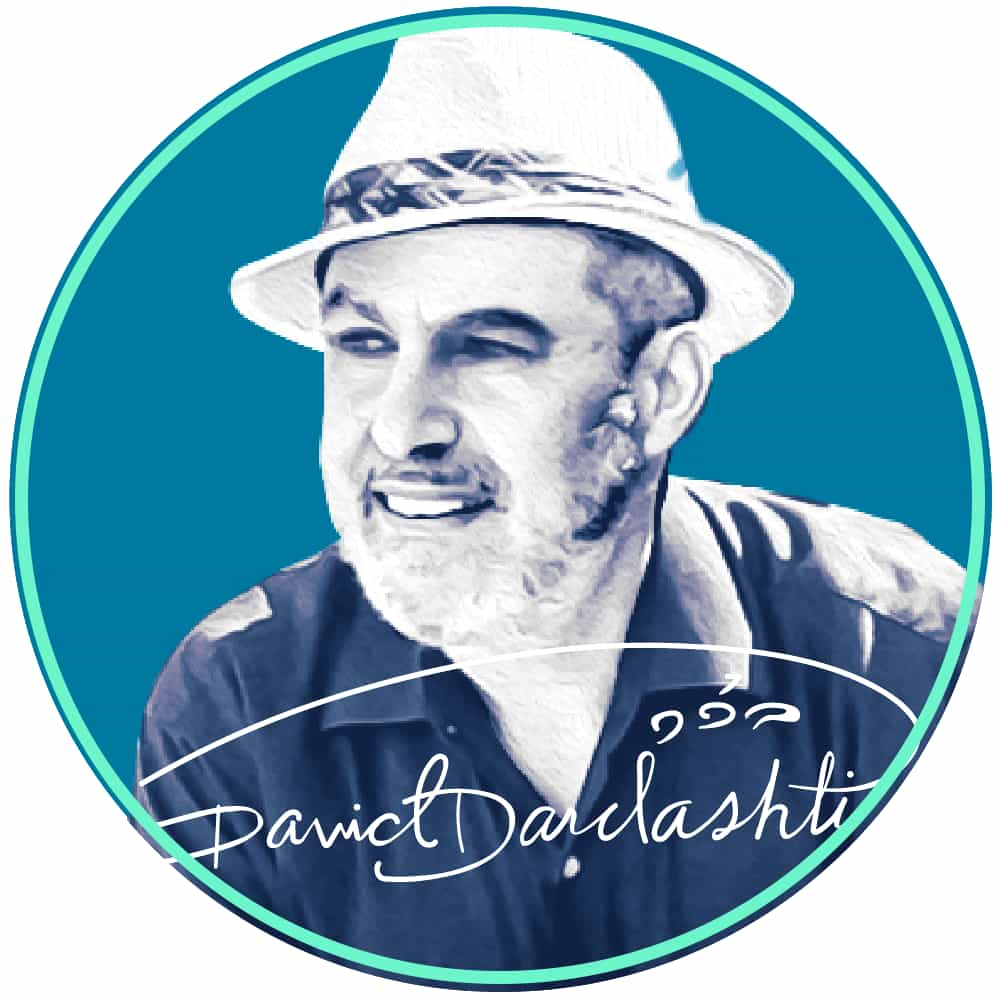
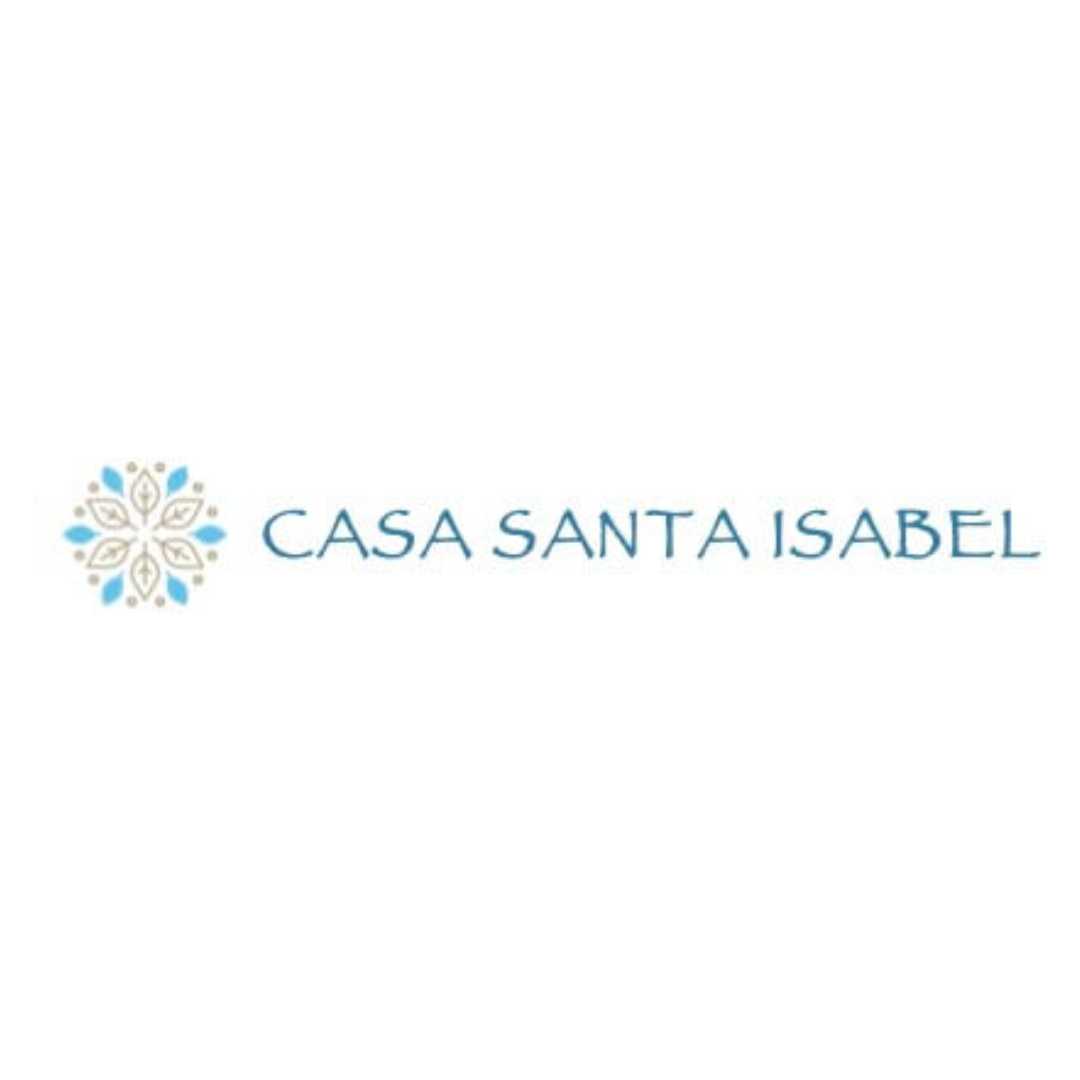
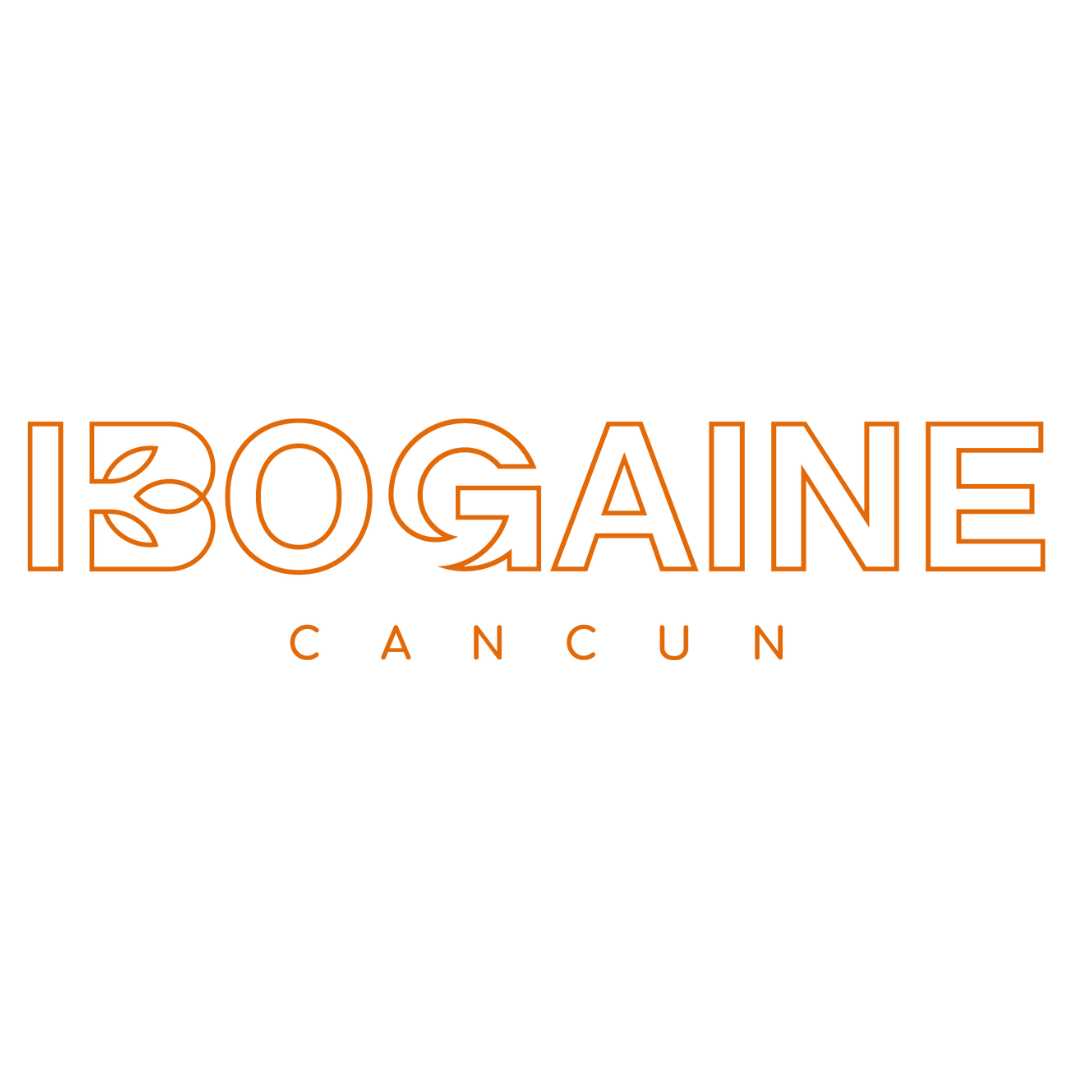
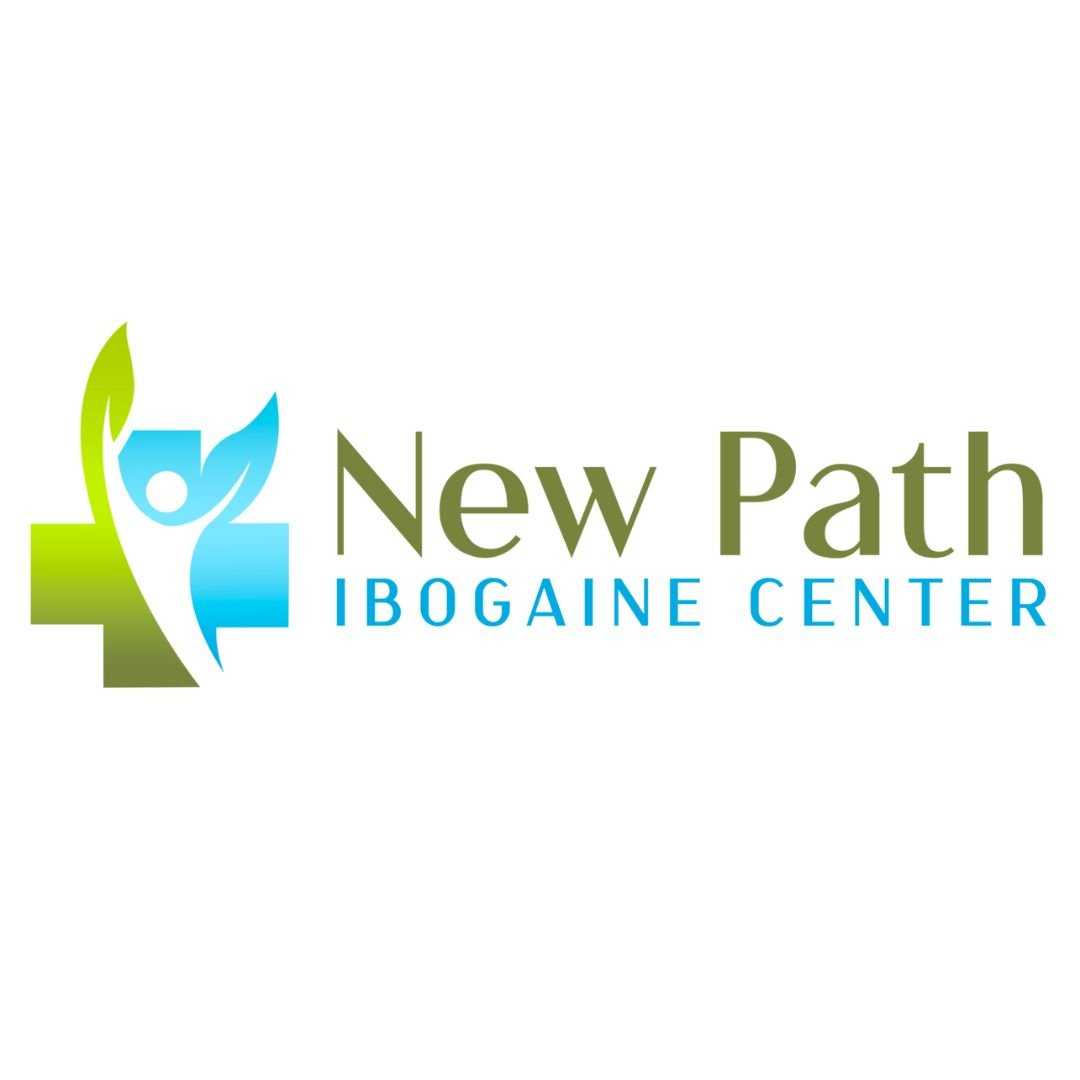

Share this listing